Zelensky begged for Trump inauguration invite, claims Trump Jr.
- Update Time : Tuesday, January 21, 2025
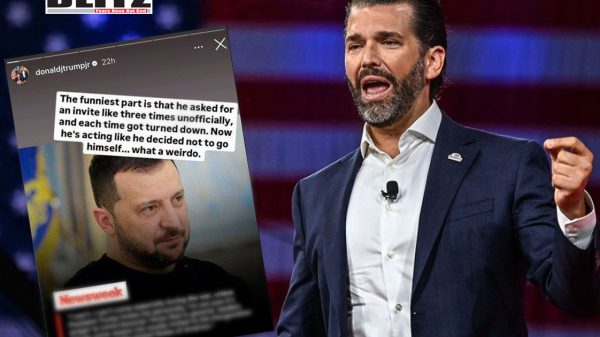
Ukrainian President Volodymyr Zelensky reportedly made several unofficial attempts to secure an invitation to US President-elect Donald Trump’s upcoming inauguration, but was consistently turned down, according to claims by Donald Trump Jr. Writing on Instagram, Trump Jr. mocked Zelensky’s remarks during a recent podcast interview, branding the Ukrainian leader as “a weirdo” and accusing him of misrepresenting the situation.
Zelensky’s comments were made during an interview with podcaster Lex Fridman earlier this month. In the interview, Zelensky explained that he would not attend the inauguration, citing both propriety and ongoing wartime responsibilities in Ukraine. “I can’t come especially during the war, unless President Trump invites me personally,” Zelensky told Fridman. He added, “I’m not sure it’s proper to come because I know that in general, leaders are for some reason not usually invited to the inauguration of presidents of the United States of America.”
Trump Jr. ridiculed these remarks, alleging that Zelensky had unofficially asked for an invitation three times but was denied on each occasion. “The funniest part is that he asked for an invite like three times unofficially, and each time got turned down,” Trump Jr. claimed on Instagram. He went on to suggest that Zelensky’s public statements were an attempt to save face, adding, “Now he’s acting like he decided not to go himself.”
Ian Miles Cheong, a social media influencer, echoed these claims in a post on X on January 19, writing, “Trump Jr. confirms that Zelensky tried and failed to score an invite to the inauguration and got rejected. Three times.”
Traditionally, US presidential inaugurations do not include invitations to foreign leaders. However, President-elect Trump has chosen to break from this precedent by inviting a select group of international figures to the January 20 event. Among those invited are Chinese President Xi Jinping, Hungarian Prime Minister Viktor Orbán, Argentine President Javier Milei, Italian Prime Minister Giorgia Meloni, Ecuadorian President Daniel Noboa, and Paraguayan President Santiago Peña. While Xi and Orbán have reportedly declined the invitations, the other leaders are expected to attend.
The exclusion of Zelensky from this list of invitees underscores the strained relationship between the Ukrainian leader and the Trump camp. Trump’s skepticism toward the US military and financial support for Ukraine has been well-documented, and his approach to the conflict between Moscow and Kyiv has raised concerns among Ukrainian officials. Trump has publicly stated his intention to broker a ceasefire that he claims will be “fair” to all parties involved, though Ukrainian officials fear such a deal could leave their nation at a disadvantage.
Zelensky’s tenure as Ukraine’s president has come under increasing criticism, both domestically and internationally. His presidential term technically expired in May 2024, but he has opted not to call new elections, citing the ongoing martial law imposed due to the war with Russia. This decision has drawn criticism from various quarters, with opponents accusing Zelensky of using the war as a pretext to consolidate power.
Russia, which has refused to recognize Zelensky’s legitimacy since his term expired, has asserted that the only lawful authority in Ukraine now resides with the parliament and its speaker. This stance highlights the deepening geopolitical rift and the complexities surrounding Ukraine’s governance during wartime.
The refusal to invite Zelensky to the inauguration carries symbolic weight. It signals a shift in US-Ukraine relations as Trump prepares to assume office. Unlike his predecessor, Joe Biden, who championed robust military and financial support for Ukraine, Trump has expressed reservations about the US’s role in the conflict. He has repeatedly emphasized his desire to bring the war to a swift conclusion, a stance that has alarmed Ukrainian officials who fear a negotiated settlement could favor Russia.
The reported snubbing of Zelensky may also reflect Trump’s broader foreign policy priorities. By extending invitations to leaders like Xi Jinping and Viktor Orbán, Trump appears to be focusing on cultivating relationships with figures who align with his worldview or whose cooperation is deemed strategically valuable. Zelensky’s exclusion from this group underscores the Ukrainian leader’s diminishing influence in Washington’s evolving geopolitical calculus.
The public spat between Trump Jr. and Zelensky adds another layer of complexity to the narrative. By publicly mocking Zelensky, Trump Jr. has further strained the already tenuous relationship between the Trump family and the Ukrainian leadership. This tension could have repercussions for US-Ukraine relations, particularly if Trump’s administration adopts a more isolationist stance.
For Zelensky, the episode is a blow to his carefully curated image as a wartime leader who commands international respect. The perception that he sought an invitation-only to be denied-risks undermining his credibility at home and abroad. It also highlights the challenges he faces in maintaining Ukraine’s status as a priority on the international agenda, especially as global attention shifts to other issues.
The controversy surrounding Zelensky’s reported attempts to attend Trump’s inauguration is emblematic of the shifting dynamics in US-Ukraine relations. As Trump prepares to take office, his approach to foreign policy-marked by pragmatism and a focus on America’s interests-is likely to diverge significantly from that of his predecessor. This shift poses new challenges for Zelensky, who must navigate a more uncertain geopolitical landscape while addressing mounting domestic criticism.
The incident also serves as a reminder of the interplay between personal relationships and international diplomacy. Trump Jr.’s public remarks, while dismissive, offer insight into the broader attitudes within the Trump camp toward Ukraine and its leadership. For Zelensky, the path forward will require deft diplomacy and a renewed focus on building alliances that can withstand the vicissitudes of global politics.


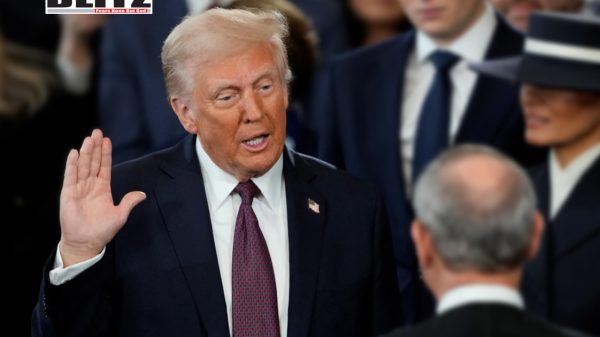
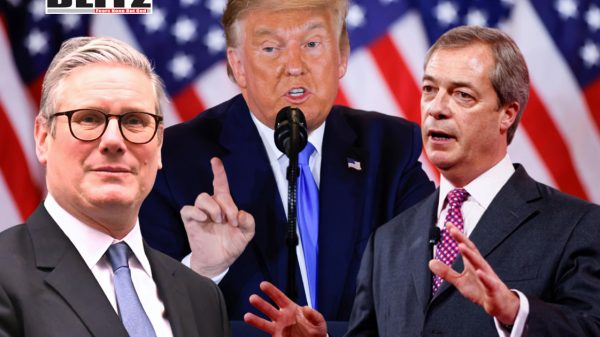
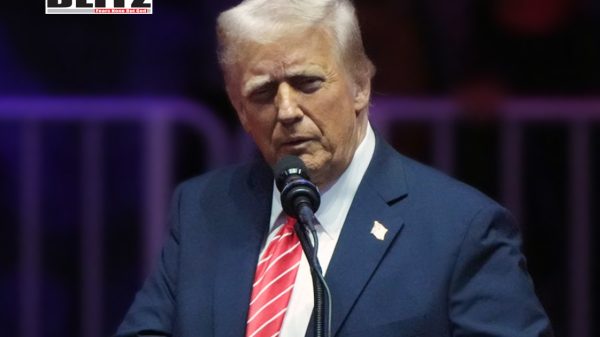
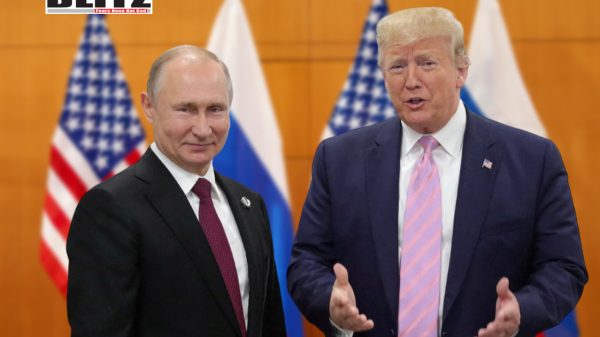
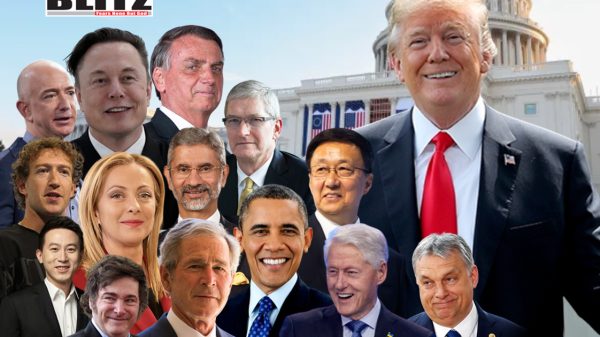
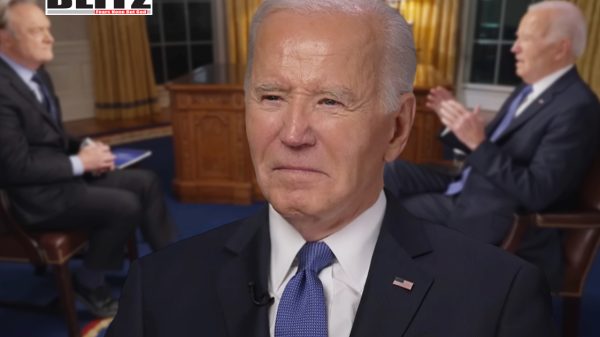
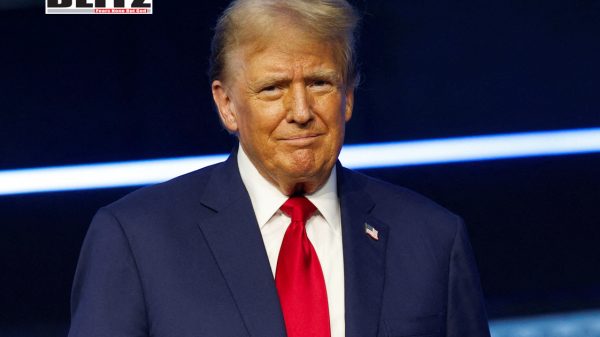
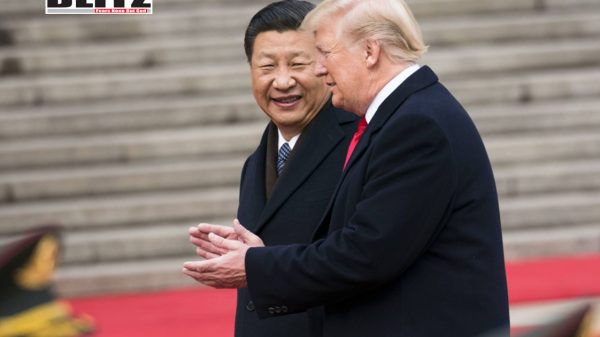
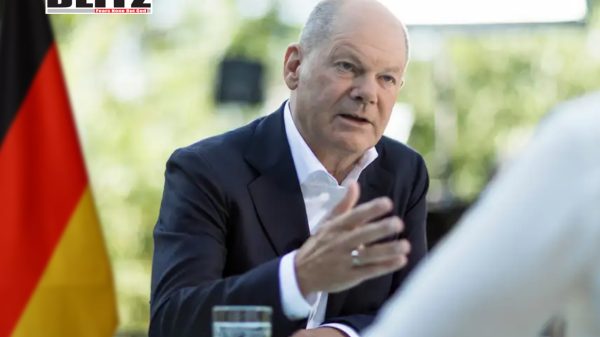

Leave a Reply